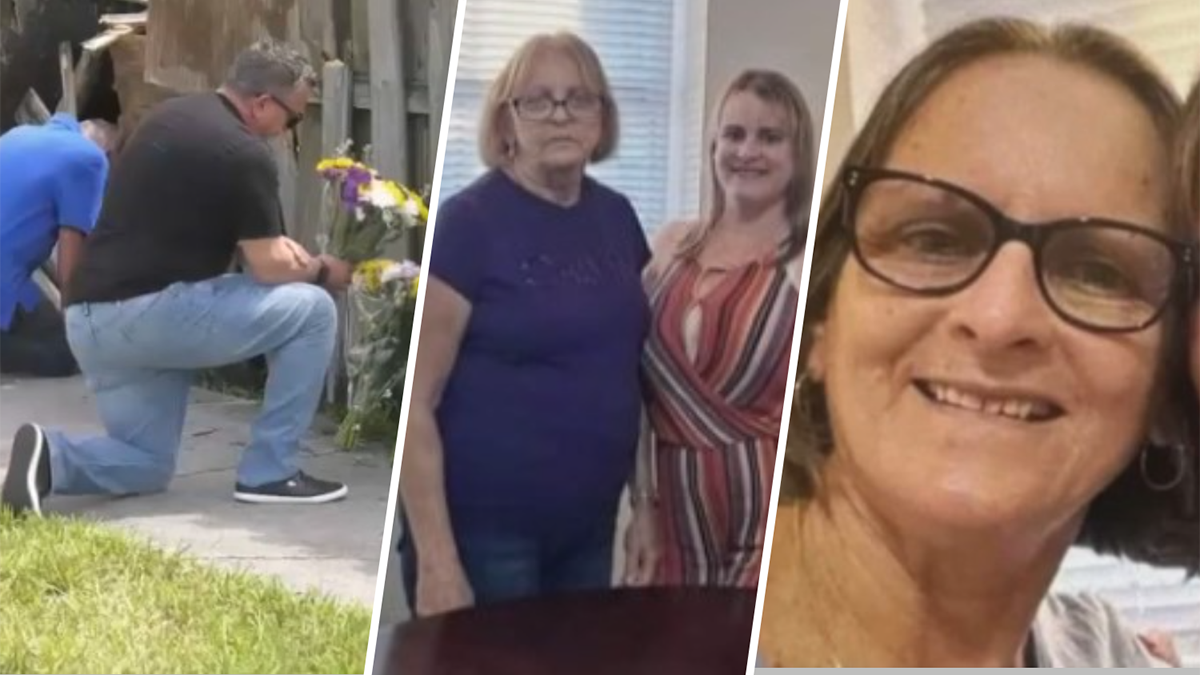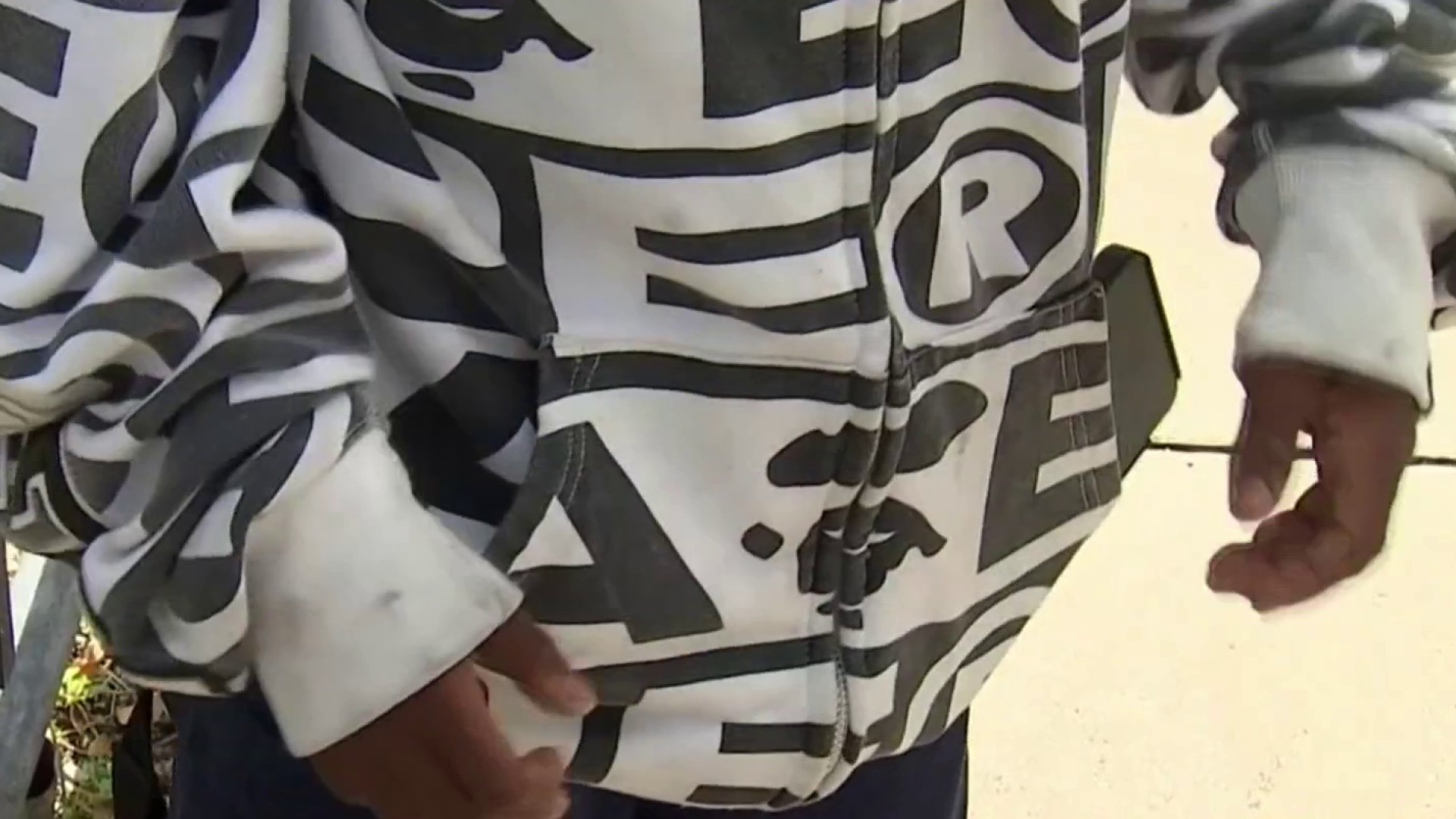The wait for the oil spill to hit South Florida's beaches may soon be coming to an end.
A group of scientists Monday have all but guaranteed that oil will crop up on beaches, but they aren't sure exactly where or in what form.
It could be an oily water mix or clumps of tarballs that wash ashore. Once in the Loop, communities will have about a four-day warning before the first tarballs arrive.
"I think we are going to have patches, concentrations of tarballs in various places...in concentrations in the Keys," said Arthur Mariano of the University of Miami. "Tarballs will get into Biscayne Bay."
The scientists met with Miami U.S. Rep. Ileana Ros-Lehtinin to debrief her on the status of the oil spill, which continues to spew thousands of gallons of crude oil into the Gulf of Mexico.
The spill's effects have been contained to the Gulf Coast, but scientists said the slick has moved onto the edge of the Loop Current, which would sling shot the spill onto Florida's doorstep. The oil is currently stirring in whirlpools on the northern tip of the Loop.
BP officials claim the oil is not technically in the Loop. They also pledged to Gov. Charlie Crist on Monday to give $25 million to help promote tourism in the state in the wake of a possible natural disaster (not that they feel guilty or anything).
Local
Scientists said Monday that it is inevitable.
"It is only a matter of time before it gets into the Loop Current itself," said Dr. Nick Shay, a preofessor at UM.
Once it gets into the loop, it will be only a matter of days before the oil drenched water reaches the east coast of Florida. Depending on wind and current strength, the oil could show up in Monroe, Miami-Dade, Broward or Palm Beach counties in force.
The potential impact on the area's ecology range from minimal to devastating. But the time for wishful thinking that the spill won't reach Miami is over, most agree.
"I can't imagine that it will not reach our community," Ros-Lehtinen said.



